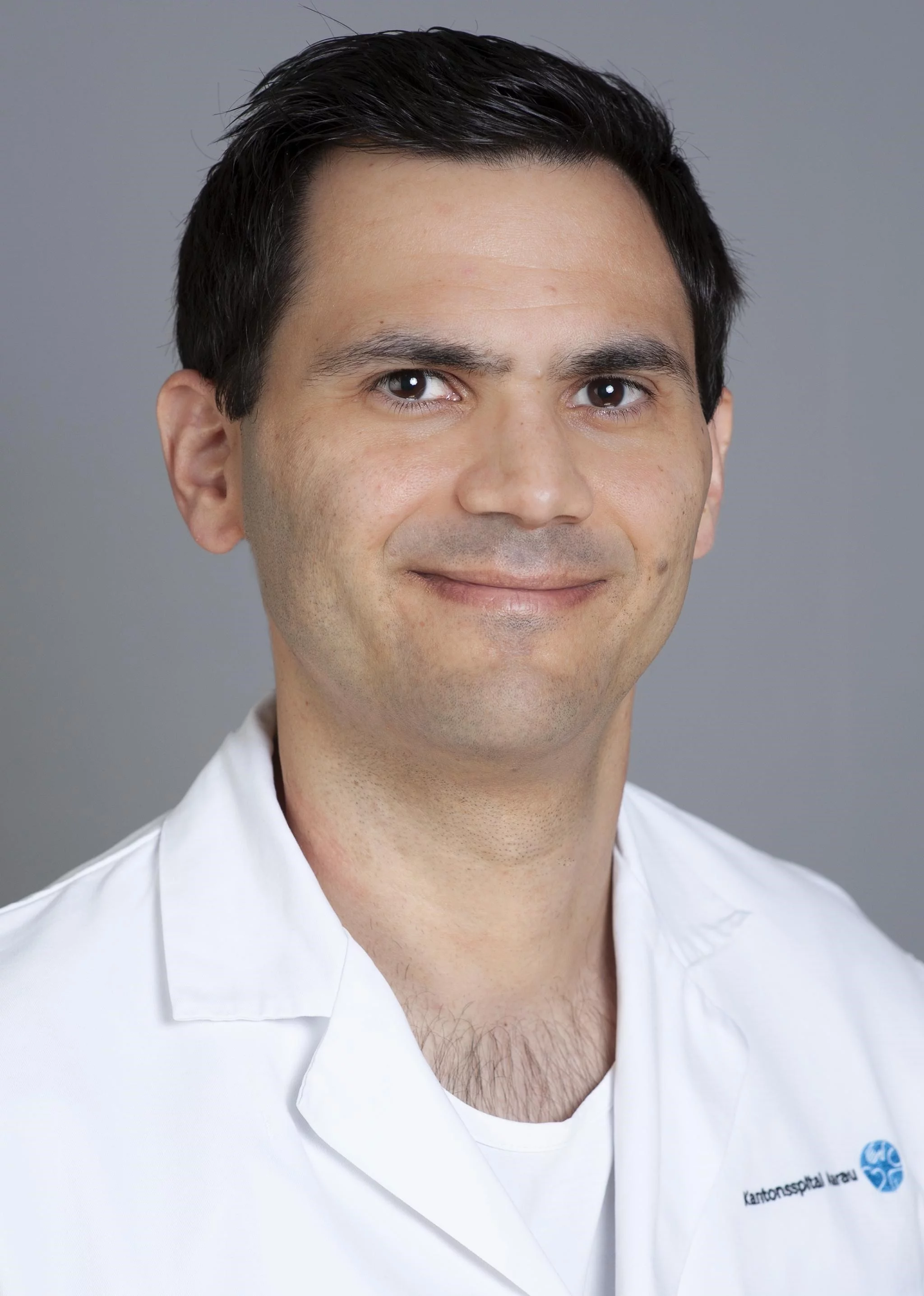Project descpription:
While not all patients are the same, treatment also differs. Such differences in care can be explained by patient factors but might also be the result of incognizant biases in the care teams’ minds. Especially when it comes to interventions in intensive care units (ICU), this may lead to disparities. So called causal inference frameworks offer a way to examine the fair use of treatments. We wanted to investigate the use of invasive mechanical ventilation, renal replacement therapy and vasoactive medications to identify disparities in outcomes between cancer patients with sepsis compared to non-cancer patients with sepsis. For this, we want to use a novel and powerful statistical method called targeted maximum likelihood estimation which is able to simulate a what-if world in which each patient will be treated and then compared to this digital twin who is not being treated. [… ] Detecting differences in treatment outcomes would help physicians to rethink their treatment policies and inform policy makers to place institutional checks. If there were no differences, our proposed framework could be deployed to other datasets, questions, or disparity checks at other institutions.
About Tristan Struja:
Tristan Struja, the son of a Swiss mother and Croatian father, is an endocrinologist and senior physician at the Kantonsspital Aarau (KSA), with a strong background in clinical research and public health. Born in 1984, he grew up in Aargau and completed his studies in medicine at the University of Zurich, where he also completed a dissertation under the supervision of Prof. Sabine Rohrmann. After graduating in 2013, he worked as an assistant and later senior physician at the Medical University Hospital of the KSA, alongside continuing research.
In 2016, he had a 15-month interlude at the Triemli City Hospital in Zurich as a senior physician in the Clinic for Internal Medicine. He returned to the KSA in 2018, where he advanced his training as an endocrinologist and researcher. During this time, he completed a joint Master's in Clinical Research at the TU Dresden and Harvard School of Public Health. In 2022, he spent time at the Massachusetts Institute of Technology (MIT) in Boston, conducting research at the Laboratory for Computational Physiology under Prof. Leo Celi. There, he worked on large-scale databases from intensive care units across the US, with a focus on causal inference. He also completed a Master of Public Health at Harvard during this period.
Involved institutions:


